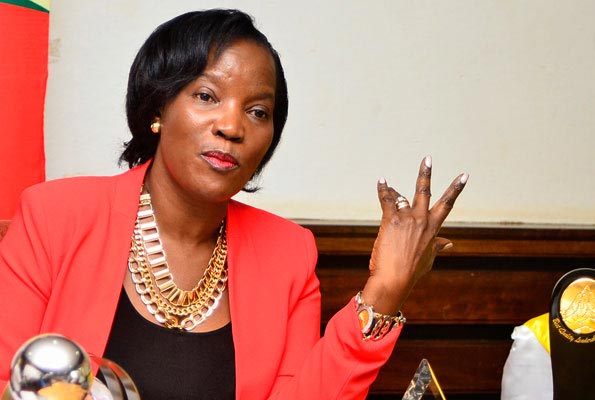The city of Kampala collected more tax in the latest financial year (FY), thanks to higher individual earnings, institutional efficiency, reforms in tax administrations and moderate growth in private consumption expenditure.
Fred Andema, Deputy Director Revenue Collection, KCCA said Kampala Capital City Authority have risen by 20% in the fiscal year 2015/2016.
“Revenue collection in Kampala city increased by 15 billion shillings (20% ) in two years by end of fiscal year 2015/ 2016. This is impressive, but not enough. The finances needed to effectively deliver services in Kampala are enormous.” his statement said.Over half the tax revenue
Almost half (49 per cent) the tax revenue came from property rates, which includes also parking fees combined totaling Shs37 billion shillings.
Tax arrears remained low of total net tax assessed, KCCA said. And tapping business analytics, the city body said it had “more effectively” audited and investigated thousands of cases of tax evasion and fraud cases, and recovered millions in taxes and penalties.

KCCA’s increase in tax revenue was surprising due to the fact that 2016 was a year many Kampalans could not wait to end, for a number of reasons. First, it started with difficult political questions.
Traditionally election years in Uganda do not pass without life-threatening events as well as uncertainty. People spent the bigger part of the first half of the year on tenterhooks, thanks to the highly contested presidential election held in February.
Second, to say that the economic performance during 2016 has been awful could be an understatement of the year. Nearly every single economic agent – businessmen, investors, suppliers, households, and even government -has been broke. Yet prices for nearly everything either stayed high or increased.
Normally, prices for goods and services rise when there is too much money in the economy chasing a few products – what economists call inflation. In Uganda’s case, however, prices were high yet people’s wallets were nearly empty.Economists found it hard to describe the situation in 2016 Uganda. Certainly it wasnot normal, neither was it a recession nor inflationary.
Third,the shilling value deterioratedso much so that Ugandan authorities – Bank of Uganda (BOU)and Ministry of Finance, Planning and Economic Development (MFPED)-celebrated “relative stability of the shilling” at exchange rates as high as UGX 3,500per U.S dollar!











